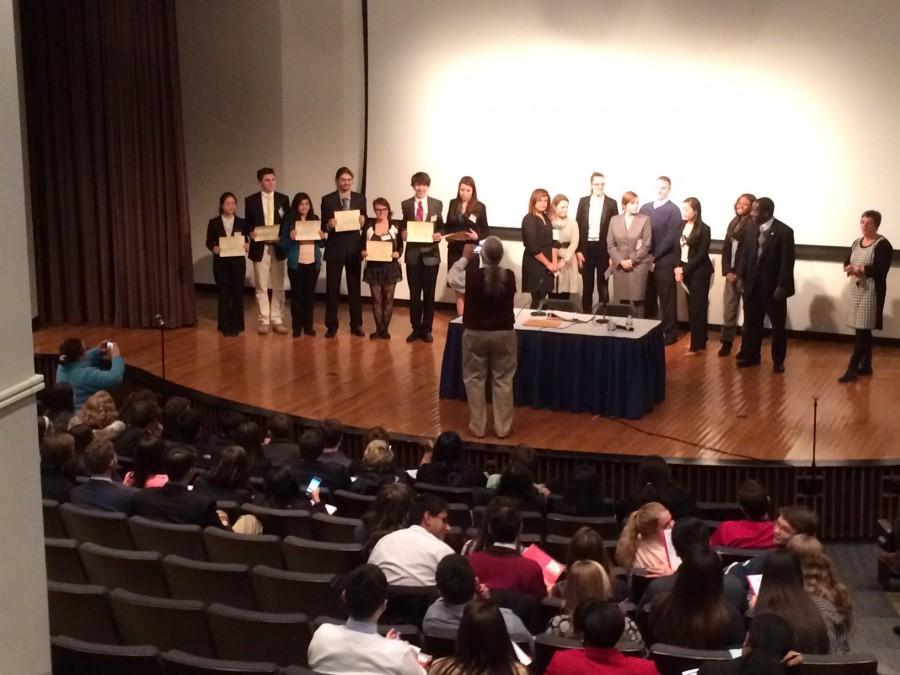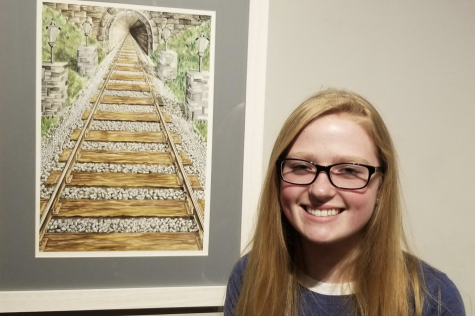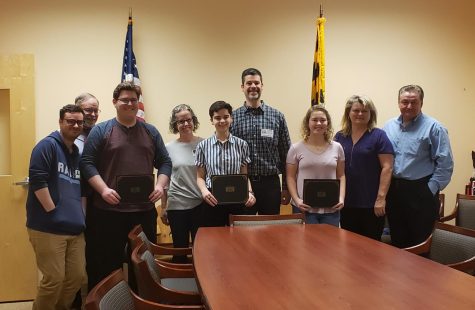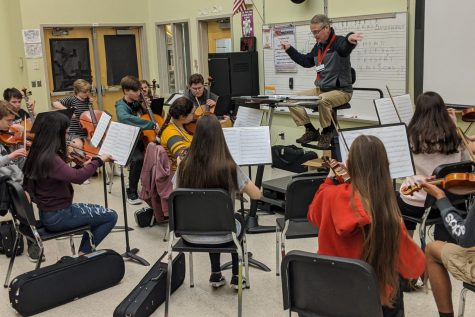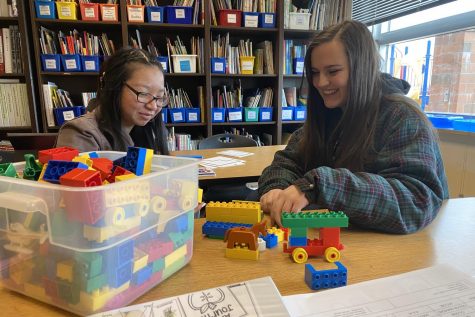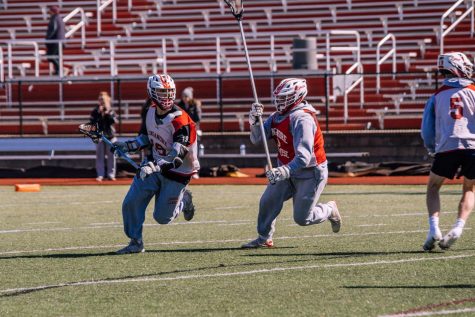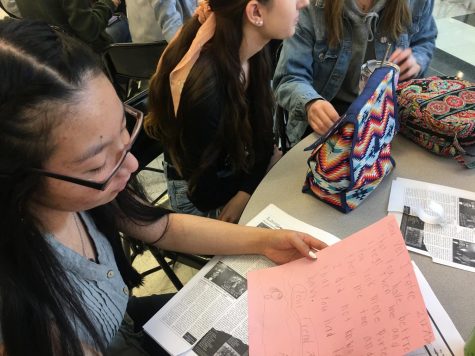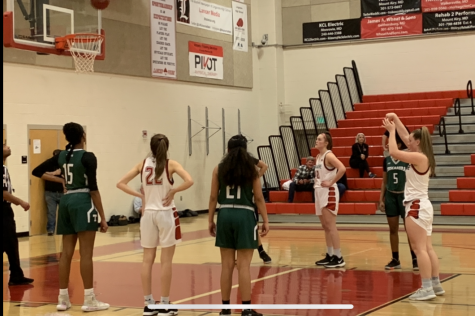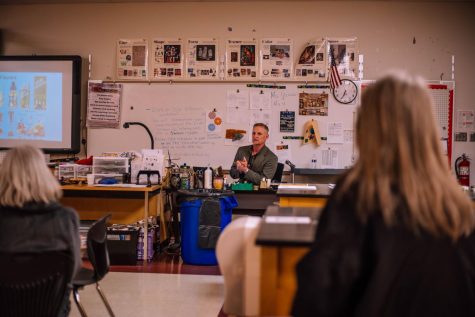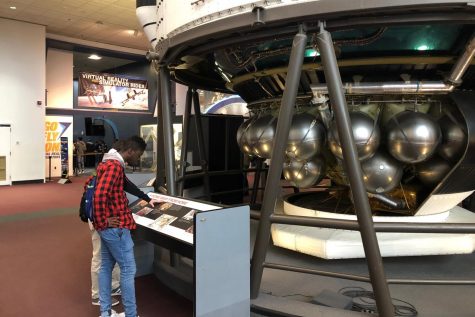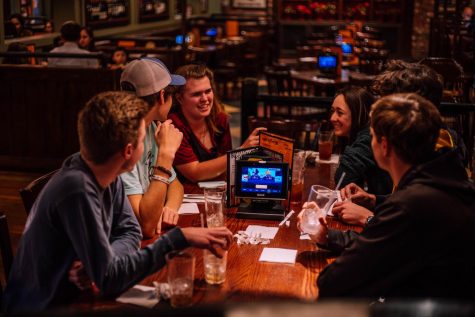Photo of the day 1/14/2015: LHS takes over Model United Nations
LHS students win 3 awards at the 10th annual Model U.N on Saturday January 10th.
January 14, 2015
Saturday, January 10, 2015, 260 students from the area met at Hood College for the 10th annual Model United Nations. Of the 260 members that attended, eight were from Linganore.
Three of them walked away with full rides to the United Nations Educational, Scientific and Cultural Organization (UNESCO) Center for Peace Summer Camp starting July 19th and ending two weeks later on August 1st.
Out of the eight possible awards, three of the top awards were given to LHS students.
One of the award winners is senior Chaney Schultz, who received the award for being an Outstanding Delegate in the Second General Assembly.
Schultz represented the country of Romania and led her Eastern European Caucus in a close debate over the resolution about what countries should do in the event of an epidemic.
However, her resolution did not pass. The total amount of signatures needed was 100: 41 said “yea”, one abstained; and 51 voted “nay.”
Schultz said, “ I was always annoyed at politicians (for not getting anything done) and we are a bunch of kids with no beef with each other, and we still couldn’t get anything done. The other two winners from Linganore are Garrett Wiehler and Kasal Smaha. Wiehler represented Israel and won the award for the Most Outstanding Delegate from the First Assembly. While Smaha represented Spain and won the award for the Best Position Paper in the Second General Assembly.
Additional participants from LHS include; Emily Barbagallo (Ireland), Samantha Buckman (Sweden), William Cleveland (Seychelles), Isabella Madrid (Cuba) and Hannah Pope (Greece).
Mr. Seth Roberts, new social studies teacher, is the sponsor of the Model U.N. Club, Linganore’s first.
Before the first model UN of the year the students spent every Wednesday after school for an hour and a half for two months preparing. This preparation did not include the time that the students had to spend writing and researching their countries beliefs, politics, and priorities so that they could come up with a plan to prepare for global issues including epidemics and pandemics.


